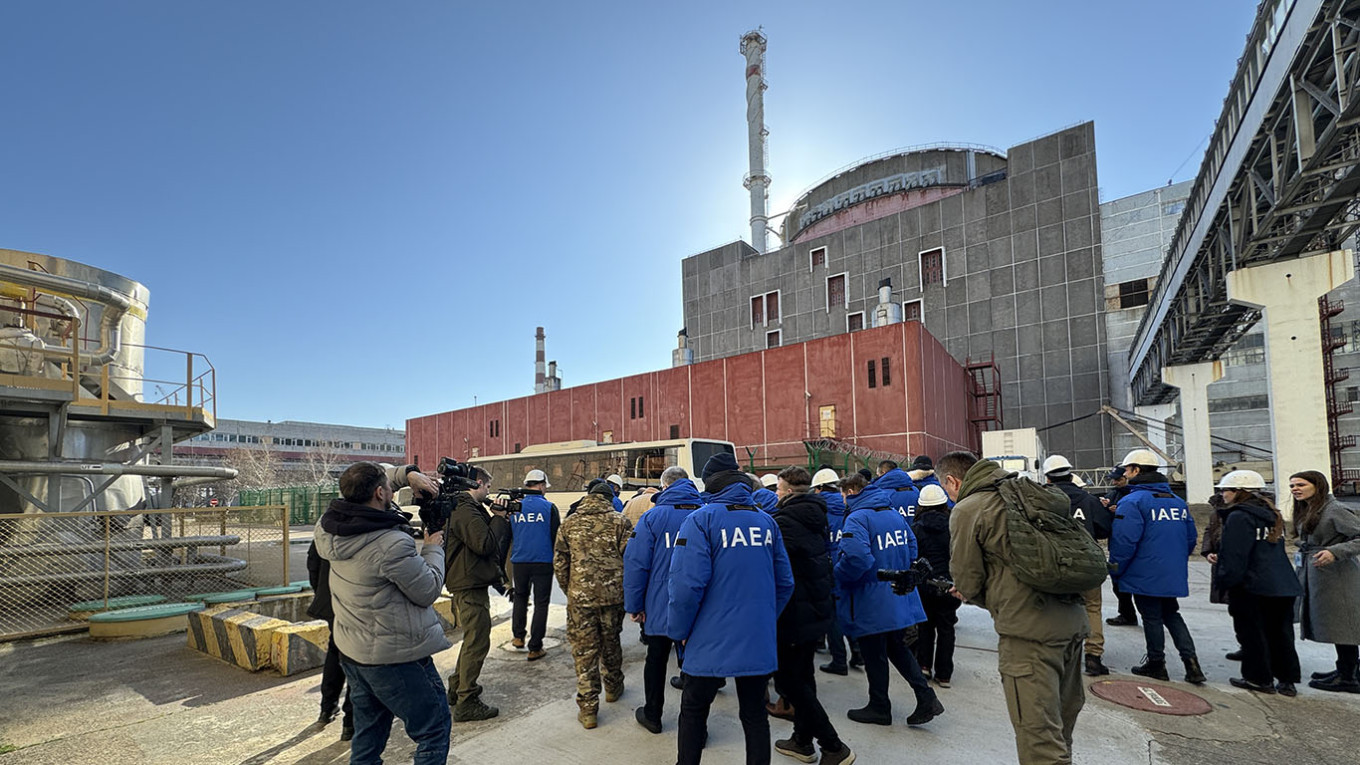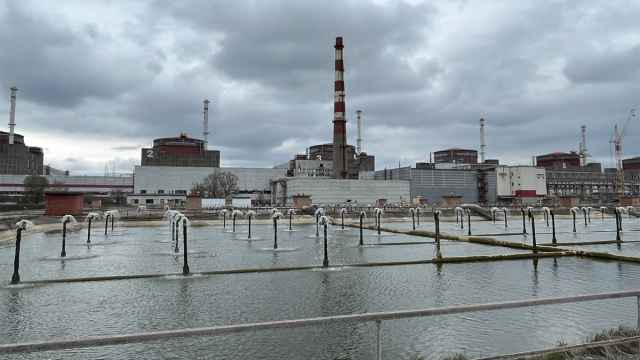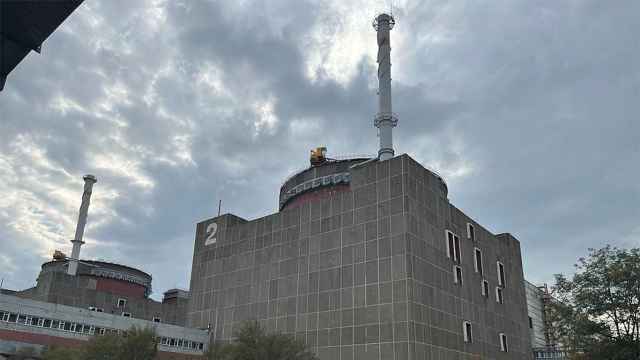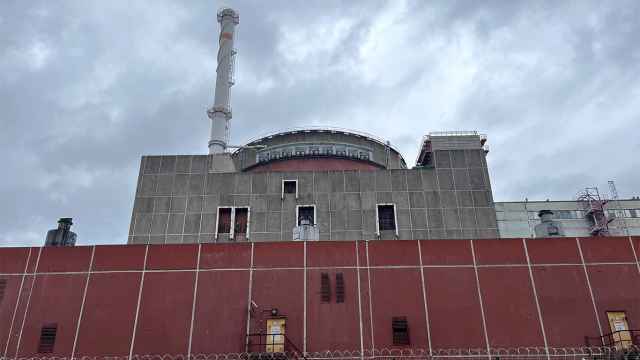Work has started to repair damaged power lines to Ukraine's Zaporizhzhia nuclear plant after a lengthy outage following the establishment of local ceasefire zones, the UN's nuclear watchdog said Saturday.
The site, occupied by Russian forces since March 2022, lost its connection to the grid on Sept. 23 for the 10th time — marking the longest outage of external power supply to the facility since Russia invaded Ukraine.
Repairs to the offsite power lines began after the "establishment of local ceasefire zones to allow work to proceed," Rafael Grossi, head of the International Atomic Energy Agency, said in a post on X.
The IAEA said that both sides had worked with the agency to allow the "complex repair plan" to proceed.
"Restoration of off-site power is crucial for nuclear safety and security," it said.
The agency did not indicate how long the work would take. It has previously said repairs are needed on both sides of the front line, several kilometers from the plant.
Since the outage, the largest nuclear power plant in Europe has been powered by backup diesel generators. The IAEA says safety has been maintained with reactors continuing to be effectively cooled.
Located near the city of Enerhodar along the Dnieper River, the nuclear plant is close to the front line.
Its six reactors, which produced about one-fifth of Ukraine's electricity before the war, were shut down after Moscow took control.
However, the plant needs electricity to maintain its cooling and safety systems to prevent a disaster.
At the beginning of October, Moscow claimed that the situation was "under control" in Zaporizhzhia following concerns raised by Ukrainian President Volodymyr Zelensky.
Moscow and Kyiv have repeatedly accused each other of risking a nuclear disaster by attacking the site and have blamed each other for the latest power outage.
A Message from The Moscow Times:
Dear readers,
We are facing unprecedented challenges. Russia's Prosecutor General's Office has designated The Moscow Times as an "undesirable" organization, criminalizing our work and putting our staff at risk of prosecution. This follows our earlier unjust labeling as a "foreign agent."
These actions are direct attempts to silence independent journalism in Russia. The authorities claim our work "discredits the decisions of the Russian leadership." We see things differently: we strive to provide accurate, unbiased reporting on Russia.
We, the journalists of The Moscow Times, refuse to be silenced. But to continue our work, we need your help.
Your support, no matter how small, makes a world of difference. If you can, please support us monthly starting from just $2. It's quick to set up, and every contribution makes a significant impact.
By supporting The Moscow Times, you're defending open, independent journalism in the face of repression. Thank you for standing with us.
Remind me later.






